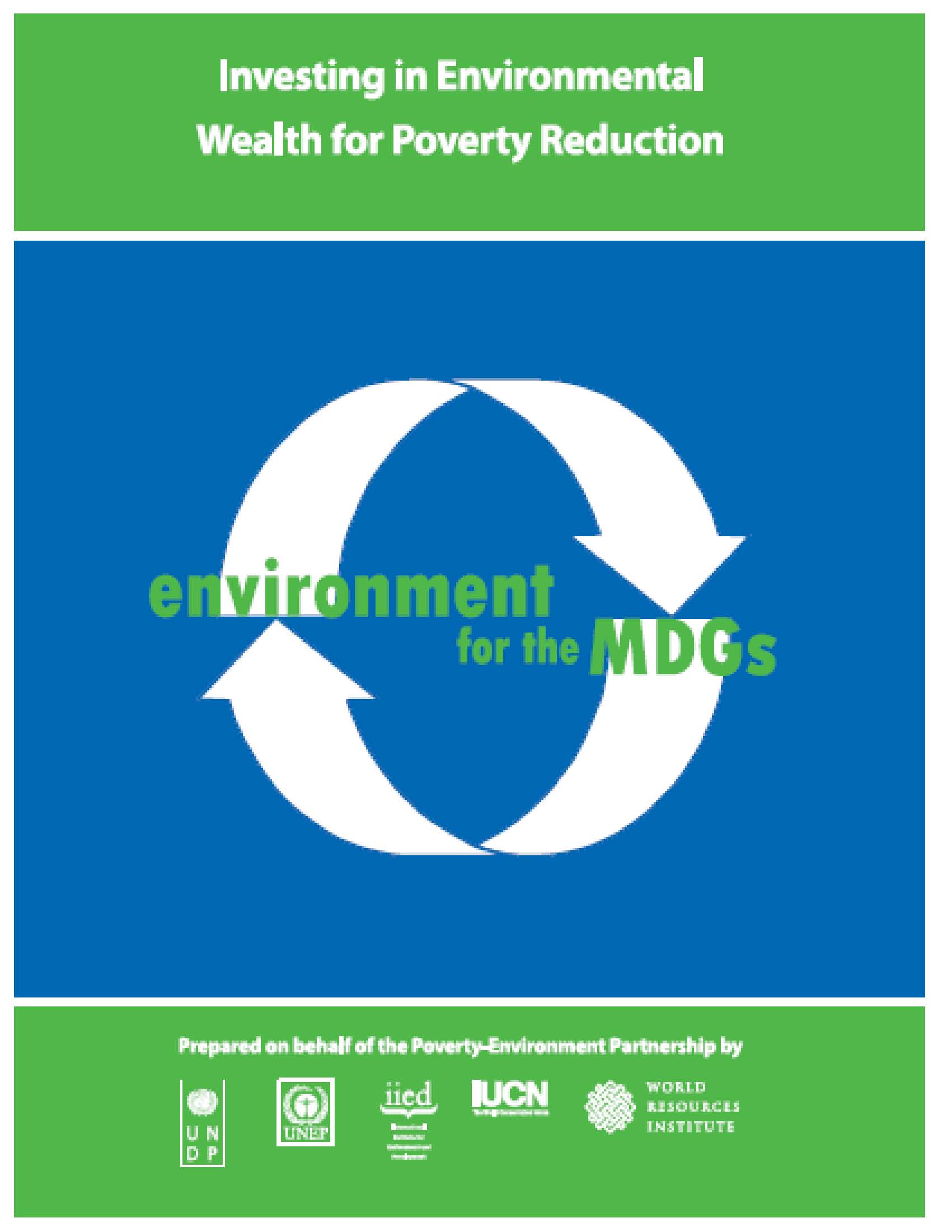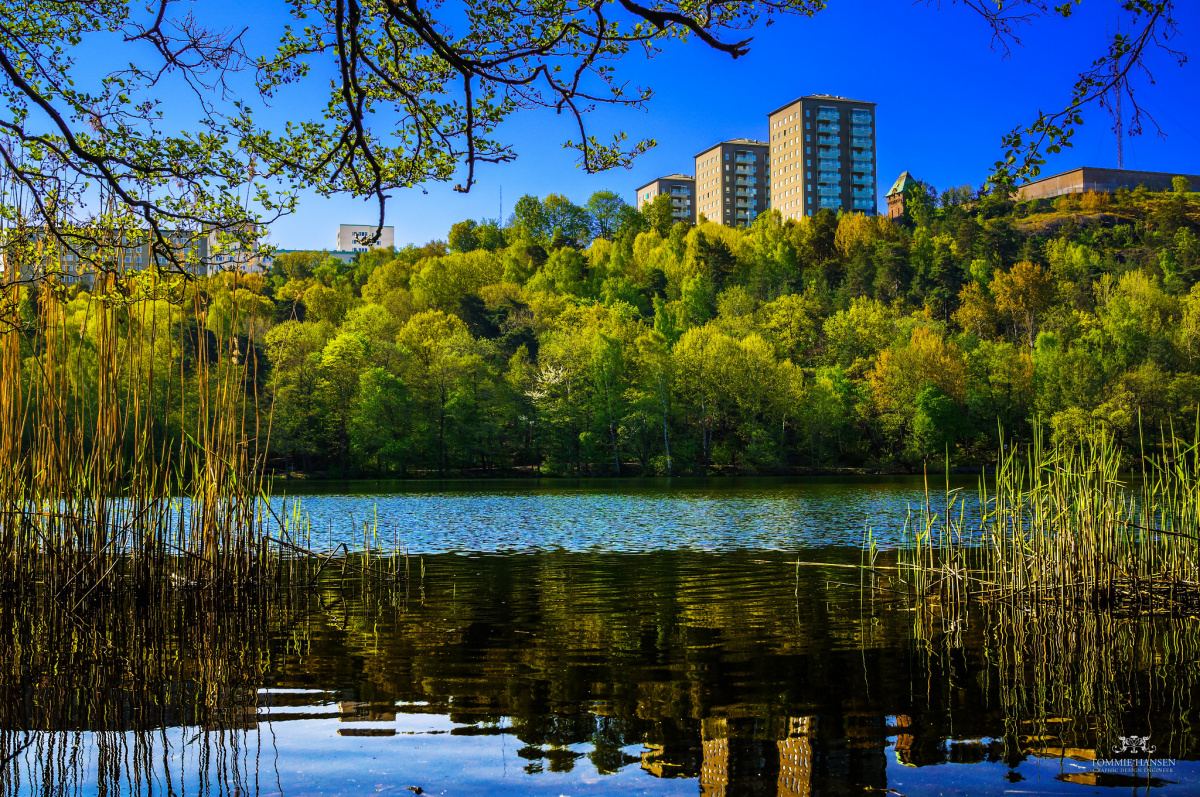Story | 31 Aug, 2005
Investing in Environmental Wealth for Poverty Reduction
A new report examines the economic case for investing in the environment, as a contribution to poverty reduction. It argues that the environment is not a luxury good, which poor countries can do without, but an essential part of strategies to reduce poverty and foster sustainable growth.

Photo: PEP
The report was prepared on behalf of the Poverty and Environment Partnership (PEP) and presented on 14 September 2005 at the UN World Summit in New York . This report is particularly timely in the context of recent international agreements to cancel debts and increase assistance to developing countries by up to US$50 billion a year by 2010. New money will make it easier to address a wide range of development challenges. Nevertheless, aid funding is likely to remain scarce, both relative to the needs and legitimate rights of billions of deprived people, and with respect to the many proposed actions to reduce poverty. The report attempts to identify what environmental interventions contribute most efficiently to poverty reduction, in terms of net benefits to the poor. It develops a framework for analyzing the contribution of natural resources to human well-being, and sets out an ambitious agenda for public investment and policy reform. Tragically, the report’s author, Professor David Pearce of University College London, died suddenly in September (see obituary). His report stands as a fitting legacy of David’s lifelong commitment to reconciling environment and development.



